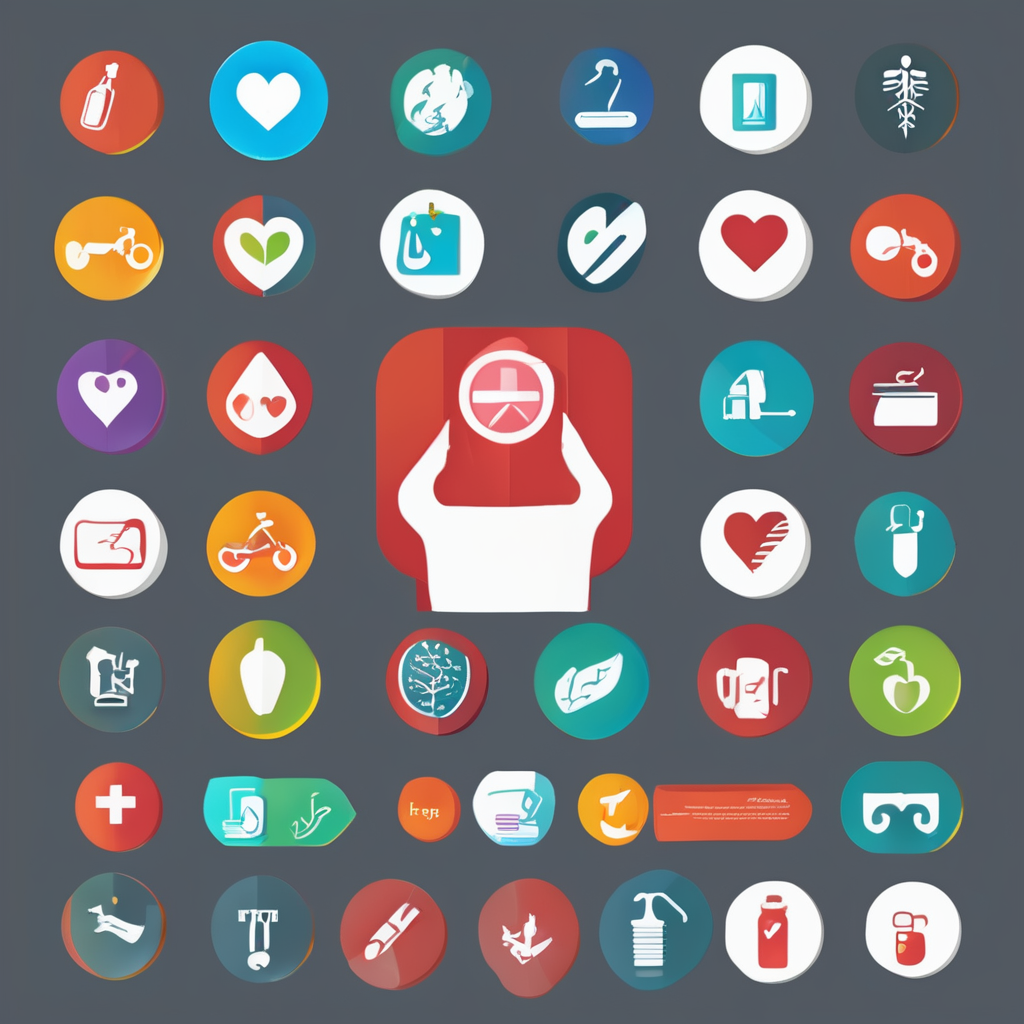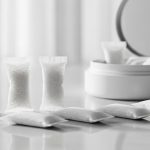Understanding Antibiotic Efficacy and Nutrition
Antibiotics are powerful tools against bacterial infections, but their effectiveness can be influenced by multiple factors, including diet and microbiome health. Antibiotics work by targeting specific bacteria, yet they may not distinguish between harmful and beneficial bacteria, potentially disrupting the body’s natural balance.
Antibiotic Effectiveness
The efficacy of antibiotics can vary depending on the type of infection and the specific bacteria involved. Overuse or misuse of antibiotics can lead to resistance, reducing their effectiveness. It is crucial, therefore, to understand that antibiotics are designed for bacterial infections, not viruses.
Also to discover : Exploring the Health Benefits of Embracing a Zero-Waste Lifestyle: A Comprehensive Guide
Nutrition Impact
Diet plays a significant role in immune function and antibiotic effectiveness. Proper nutrition supports a robust immune system, which is an ally in fighting off infections. Incorporating foods rich in vitamins and minerals can enhance the body’s response to bacterial infections. Nutrients like Vitamin C and Zinc are particularly effective in supporting the immune system.
Maintaining a Healthy Microbiome
During antibiotic treatment, maintaining a healthy microbiome is vital. Antibiotics can disturb gut flora, leading to digestive issues. Foods high in probiotics and prebiotics can help restore this balance, promoting overall health and enhancing the body’s resilience against infections. Probiotics, such as yogurt, and prebiotic-rich foods, like bananas and oats, support microbiome diversity.
Also to read : Unraveling the Connection: How Microbiome Diversity Shapes Your Health
Key Nutrients that Support Antibiotic Efficacy
Understanding the relationship between essential vitamins, minerals, and immune support is vital in enhancing antibiotic effectiveness. During infections, our bodies require more support to fight off harmful bacteria.
Vital Vitamins
Vitamin C is crucial for boosting the immune response, as it enhances the production of white blood cells, fundamental in defending against bacterial attacks. Meanwhile, Vitamin D contributes significantly to overall health during infections by modulating the responses of the immune system and reducing the severity of illnesses.
Important Minerals
Minerals like Zinc and Iron play a significant role in supporting antibiotic treatments. Zinc is known to affect immune function positively by promoting the production of cytokines, molecules necessary for immune signalling. Iron, on the other hand, assists by ensuring that the body’s cells are well-nourished and function optimally during the healing process, aiding antibiotics in doing their job effectively.
Probiotics and Prebiotics
Lastly, both probiotics and prebiotics are beneficial. Probiotics help restore gut health disrupted by antibiotics, aiding in nutrient absorption and immune support. Prebiotic foods, such as garlic and onions, enhance microbiome diversity, complementing probiotics’ role in sustaining a healthy intestinal environment.
Dietary Changes to Enhance Treatment Outcomes
Understanding the impact of dietary modifications can significantly enhance treatment results during antibiotic use. A strategic approach to food choices helps optimise healing foods.
Anti-Inflammatory Foods
Incorporating omega-3 fatty acids into your diet can reduce inflammation, a common challenge during recovery from infections. Foods like salmon, flaxseeds, and walnuts are excellent sources. Additionally, consuming antioxidant-rich foods such as berries and leafy greens helps combat cellular inflammation and supports a quicker recovery process.
Fiber-Rich Diets
A diet high in dietary fiber is crucial for maintaining gut health, especially when taking antibiotics. Fiber aids digestion and supports the microbiome. Excellent sources include whole grains like oats, fruits, vegetables, and legumes.
Hydration Strategies
Staying well-hydrated is essential for recovering from bacterial infections. Proper hydration supports the body’s natural detoxification processes and helps flush out toxins efficiently. Include fluids such as water, herbal teas, and clear broths as part of a beverage plan to enhance dietary changes. Avoiding dehydration facilitates better nutrient absorption and strengthens the immune response, assisting antibiotics in functioning effectively.
Foods to Avoid During Antibiotic Treatment
It’s crucial to be mindful of dietary pitfalls that might hinder the effectiveness of antibiotics. Certain foods can interact negatively with these medications, affecting their performance and your recovery.
Sugary and Processed Foods
Sugary foods can suppress the immune system, making it harder for your body to fend off bacterial infections. Ingesting high amounts of sugar may also fuel inflammation, counteracting the healing foods you’re consuming. Meanwhile, processed foods can disrupt gut health by introducing unnatural additives, endangering microbiome diversity crucial during antibiotic treatment. It’s wise to limit these foods to maximise antibiotic benefits.
High-Fat Foods
Diets high in saturated fats can exacerbate inflammation, hindering recovery. Fried foods are best avoided as they contribute to bodily stress and can slow down healing. Instead, focus on meals rich in essential nutrients to bolster immune response.
Potential Interactions
Certain foods might reduce antibiotic effectiveness. For instance, dairy products can interfere with some antibiotics’ absorption. Timing meals around antibiotic dosage is critical. Ensuring a gap between consuming such foods and taking your medication can help maintain its efficacy. Staying informed of these interactions ensures your treatment works optimally.
Implementing Dietary Changes for Optimal Results
Implementing practical tips and planning thoughtful meals can significantly impact antibiotic treatment success. Developing healthy habits through strategic dietary changes supports recovery and enhances overall well-being.
Creating a Balanced Meal Plan
Incorporating essential nutrients into meals is crucial. Start by including diverse food groups, ensuring an intake of vitamin-rich and mineral-dense options such as leafy greens and lean proteins. Consider sample meal suggestions like grilled chicken with quinoa and steamed broccoli to enhance antibiotic support. Such balanced meals provide necessary nutrients and aid immune function.
Mindful Eating Practices
Adopting mindful eating habits promotes a deeper connection with your body’s needs. Understand the benefits of conscious eating, such as improved digestion and better dietary choices. Strategies include focusing on portion sizes and eating slowly to savour each bite, leading to healthier and more deliberate dietary decisions.
Consulting a Healthcare Professional
Personalised dietary advice is integral to optimizing treatment outcomes. Consulting with healthcare professionals, like nutritionists or dietitians, can tailor plans to individual needs, factoring in antibiotics and health goals. Engaging these experts in health plans ensures dietary choices align with medical recommendations, offering tailored solutions for optimal results.






